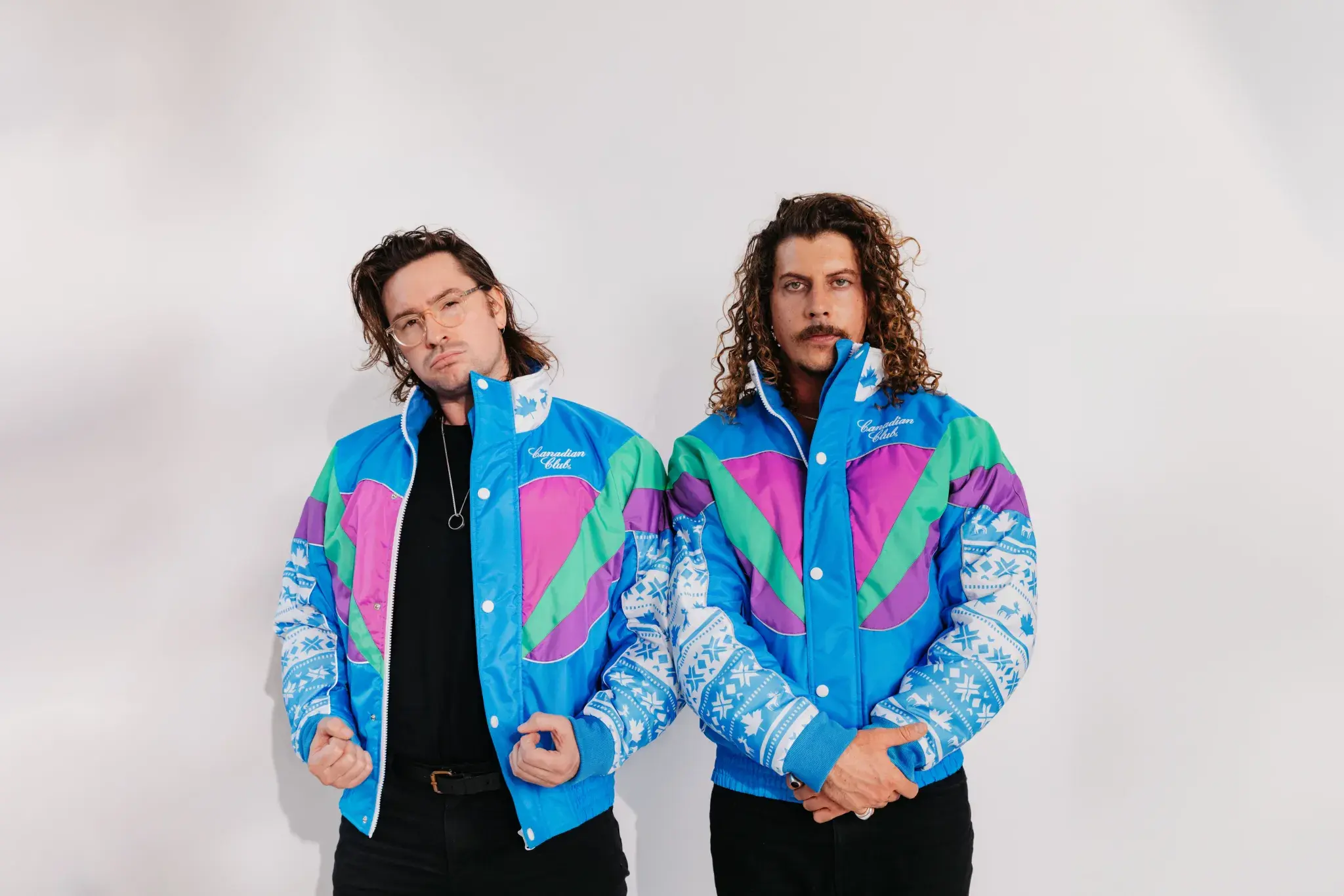The Power of Promotional Merchandise Collaborations with Artists and Celebrities
Collaborations between brands and artists or celebrities are reshaping the landscape of promotional merchandise, creating bespoke products that stand out and engage consumers in new and exciting ways. Whether the partnership involves musicians, visual artists, or actors, these collaborations offer a chance for brands to fuse creativity and commerce. However, the success of such ventures ultimately depends on a careful balance between the brand, the merchandise, and the artist involved.
Why Brands Turn to Artist Collaborations for Merchandise
Businesses collaborate with artists and celebrities to create distinctive products that resonate with their audience and elevate their brand’s image. Here are a few reasons why these partnerships are so effective:
- Increased Cultural Relevance: Aligning with a popular musician or artist brings fresh relevance to a brand. Collaborations with figures who have a strong cultural presence can help brands reach new audiences. Take Michael Jordan’s partnership with Nike. This collaboration generated immense cultural and commercial success in both street culture and fashion with Nike’s global brand power. Everyone wanted to be like Mike!
- Unique Brand Expression: Working with artists allows brands to break the mould and explore creative possibilities. For instance, Louis Vuitton’s collaborations with artists like Yayoi Kusama resulted in distinctive and memorable limited-edition products that bridged the gap between fashion and art.
- Stronger Emotional Connections: Artists and celebrities bring a built-in fanbase. By associating with a beloved figure, brands can foster deeper emotional connections with consumers. Beyoncé’s collaboration with H&M, for instance, resulted in clothing that not only featured her personal style but also strengthened H&M’s relationship with its consumers.
When Merchandise Collaborations Go Right
When executed well, these collaborations can create cultural phenomena and drive sales. For instance, Lady Gaga’s collaboration with Oreo created a buzz-worthy limited-edition cookie, and Kith’s collaboration with Coca-Cola for limited-run apparel attracted hype within the fashion and streetwear scene. The key to success lies in authenticity: the artist or celebrity’s persona should align naturally with the brand and the merchandise.
Recently, the boys from the DJ group Peking Duck collaborated with Canadian Club on a range of stylised ski jackets. This collab worked so well because of the reputation of the band and the scope of their work. Their fans loved it!
Pitfalls to Avoid in Merchandise Collaborations
However, not every collaboration hits the mark. Here are some challenges that brands should be wary of:
- Mismatched Values: If the brand’s identity and the artist’s persona don’t align, the collaboration may feel forced or even damage the brand’s reputation. Consumers can easily sense inauthentic partnerships. For instance, a collaboration between a fast-food chain and an artist known for promoting a healthy lifestyle may create confusion and dilute both brands.
- Short-Lived Hype: Some collaborations generate quick sales or buzz but don’t have long-term staying power. If a brand relies solely on the short-term hype generated by a celebrity without building on it, the interest can fade quickly.
- High Costs with Low ROI: High-profile celebrity endorsements can be expensive. Without clear marketing goals and a strong connection between the artist, merchandise, and the target audience, the collaboration can lead to disappointing sales and a poor return on investment.
The Flexibility of Bespoke Merchandise Collaborations
Not all collaborations need to involve top-tier celebrities with massive price tags. Many brands have found success by partnering with smaller, up-and-coming artists, which can be more affordable and still produce bespoke, engaging merchandise. Local collaborations can also help brands connect with niche audiences in a meaningful way.
For example, smaller beverage brands might collaborate with local musicians or visual artists to design limited-edition bottle labels, or tech companies could work with local illustrators to create custom phone cases. These smaller collaborations often maintain the uniqueness of the product without the high costs associated with major celebrities.
Is a Collaboration Right for Your Business?
Deciding whether to embark on a collaboration with an artist or celebrity requires thoughtful consideration. Here are a few questions to guide your decision:
- Does the artist appeal to your target audience? If the artist’s fanbase aligns with your customer base, the partnership is likely to resonate.
- Does the product make sense for a collaboration? Not all merchandise lends itself to creative partnerships. Products like apparel, limited-edition items, or tech accessories often work well, while more utilitarian products may not generate as much excitement.
- Does the collaboration align with your brand values? If the artist’s image and values do not match your brand’s ethos, the collaboration may feel disjointed or inauthentic.
Conclusion: A Case-by-Case Strategy
Promotional merchandise collaborations between brands and artists or celebrities can be a powerful tool to boost visibility and sales. However, the success of these ventures depends on several factors, including the artist’s alignment with the brand, the creativity of the product, and the target audience. When done right, collaborations can lead to iconic products that strengthen the brand’s image and deepen connections with consumers. But as with any marketing strategy, it’s crucial to weigh the costs, benefits, and long-term impact before diving into a collaboration.

